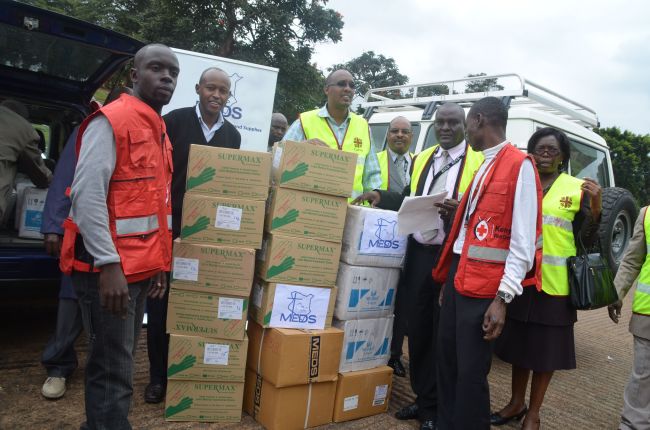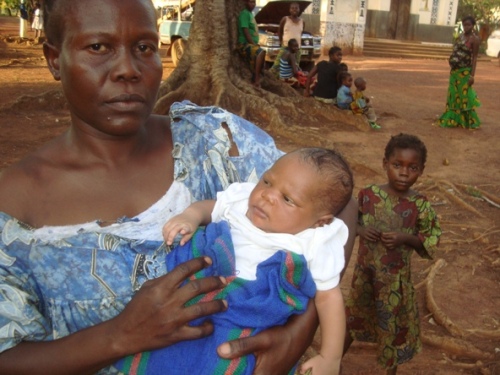By Francesca Merico, CI International Delegate in Geneva
According to the United Nations Development Programme (UNDP), HIV has inflicted the “single greatest reversal in human development” in modern history. In 28 years, HIV and AIDS has become a global emergency, responsible for the deaths of some 25 million people. In sub-Saharan Africa, the region most affected by the epidemic, approximately 60 percent of adults living with HIV are women.
The pandemic continues to cause untold physical, emotional, and spiritual pain, exacerbates human rights abuses, and disrupts family integrity and harmony. In the countries most heavily affected, HIV has reduced life expectancy by more than 20 years, causing dangerous consequences for the transfer of knowledge and values from one generation to the next. It has slowed economic growth, and deepened household poverty.
Today, despite the fact that 33 million people are living with HIV, many more do not know whether or not they have the virus and others do not know the difference between HIV infection and AIDS – the stage where a person’s immune system is seriously damaged and they may be unable to fend off serious infections, cancers, and other illnesses. Although special medicines to treat HIV have been developed, 70 percent of adults and 85 percent of children living with HIV lack access to much needed treatment.
Even though the transmission of HIV from an HIV-positive mother to her child can be avoided, 90 percent of the children living with HIV contracted the virus from their mothers.
World AIDS Day is an occasion to reflect on all these challenges as well as to reflect on the significance of HIV and AIDS for each and every one of us and especially for the Caritas Confederation which is called upon to serve the most vulnerable and marginalised members of our human community, including those living with or affected by HIV and AIDS.
For me, HIV and AIDS means the little hands and faces of the children I have met, hugged and spent time with. AIDS is their smiles, but also their suffering. It is the sadness and despair of the mothers queuing at the Lea Toto center in Kariobanghi or at the Korogocho clinic in Kenya hoping for some help for their babies; it is the distress of young men who have no more energy left to work and support their loved ones. It is all the grandmothers taking care of their grandchildren orphaned due to AIDS.
The theme for World AIDS Day this year is “leadership”. Leadership highlights the discrepancy between the commitments made to halt the spread of HIV and the actions taken to implement such promises.
This theme makes me think of the many people working for Caritas and other Catholic organisations, who are leading the AIDS response: Ann, Jane and Montserrat from CAFOD, Fr. Anthony and Fr. John from Caritas Vietnam, Klemens from MMI, Hernan, Rebecca and Juan Bosco in Mexico, Bob with CI, Nina at Misereor, Maria and Encarna in Kenya, Deirdre, Caroline and Finola at Trocaire, Ana Isabel from Caritas El Salvador, Vincent from Uganda, Rabia from CMMB, Burchard from Missio, Claudia from Kindermissionswerk, Fr. Michael Czerny from Africa Jesuit AIDS Network, Sr. Donata from the Health Commission of the Unions of Superiors General, and Greg from CRS.
Today, I am grateful to all of them for their engagement, commitment and passion for fighting HIV and AIDS.







